Budget 2017 summary: stamp duty down, diesel tax up and (a bit) more cash for the NHS
Highlights and instant analysis as the Chancellor presents his second Budget of 2017
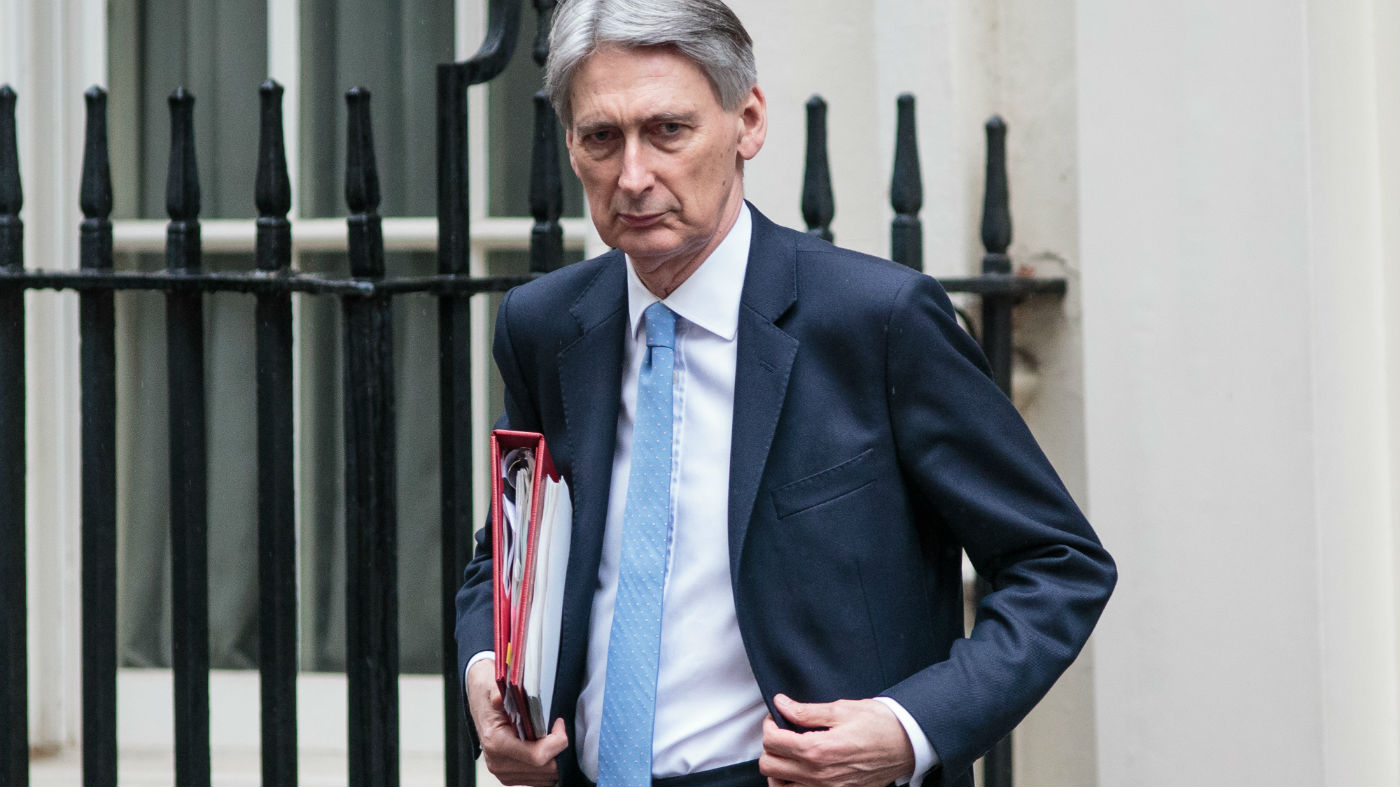
A free daily email with the biggest news stories of the day – and the best features from TheWeek.com
You are now subscribed
Your newsletter sign-up was successful
Welcome to TheWeek.co.uk’s live coverage of the Philip Hammond’s second Budget by 2017, back by popular demand after his triumph in March.
Or perhaps not. A “humiliated” Chancellor “was forced by the Prime Minister to scrap a central part of his first Budget”, says the Daily Mail, referring to the abandoned plan to raise National Insurance contributions for the self-employed. The U-turn has dogged him ever since, says the Daily Mirror, and “Mr Hammond can ill afford to make further lapses”.
Midday: the warm-up act
The Week
Escape your echo chamber. Get the facts behind the news, plus analysis from multiple perspectives.

Sign up for The Week's Free Newsletters
From our morning news briefing to a weekly Good News Newsletter, get the best of The Week delivered directly to your inbox.
From our morning news briefing to a weekly Good News Newsletter, get the best of The Week delivered directly to your inbox.
Before we begin, we should remember that every Budget is “a disruptive waste of time and energy for everyone involved”, says John Stepek, executive editor of our sister publication MoneyWeek (subscribe here, if you haven’t already).
“The Chancellor is under pressure to ‘do something!’, even though whatever stupid rule changes he came up with at the previous Budget are still bedding in”, Stepek says, and therefore “what matters is the politics, not the economics”.
It’s fitting, then, that proceedings begin with Prime Minister’s Questions, the purest political theatre there is. Most of the back-and-forth this afternoon has focused on Brexit, although Jeremy Corbyn also raised the issue of tax avoidance, which may well make an appearance in Hammond’s speech.
12.45pm: Hammond sets out his stall
A free daily email with the biggest news stories of the day – and the best features from TheWeek.com
The Chancellor starts on a positive note, saying he will report today on an economy that “continues to confound those who seek to talk it down”, by growing and creating jobs. “We choose the future”, he says, seeking to paint Labour as a party that would retreat into “failed dogmas of the past” rather than embracing a “technological revolution”. He also promises a “balanced approach” to spending, maintaining “fiscal responsibility” while easing the burden on families to create “prosperity for all”.
12.55pm: Growth and borrowing
Getting into the detail, Philip Hammond says the Office for Budget Responsibility has revised down growth forecasts for the UK economy for the next several years:
- 2017: 1.5%
- 2018: 1.4%
- 2019: 1.3%
- 2020: 1.3%
- 2021: 1.5%
- 2022: 1.6%
Hammond is “penned in by worsening growth forecasts”, says the Financial Times, as well as “the political constraints imposed by a tiny Commons majority and the willingness of Eurosceptic Tory MPs to seize on any mistake to try to oust him”. But Hammond has some good news to deliver too: he says public debt will begin to fall next year for the first time in 17 years.
1.05pm: Electricity good, diesel bad
As expected, taxes on diesel cars will increase, with each model moving up one vehicle excise duty band - although vans will be unaffected (as will new diesel cars that meet the highest air quality standards). Hammond also announces extra support for electric cars, and support for research into driverless cars. “I know Jeremy Clarkson does not like them,” he says. “But there are other good reasons to pursue them too.”
1.25pm: Universal Credit and the NHS
The Chancellor announces a £1.5bn package of measures intended to address concerns that Universal Credit will cause hardship for some of its recipients. “The key one,” says The Daily Telegraph, “is that any claimant will get housing benefit for another two weeks - an attempt to tackle the problem of mounting rent arrears associated with the roll-out of the new system.”
Then he turns to the NHS, pledging an extra £3.75bn for this year’s budget, as well as £10bn in capital investment before the end of this Parliament.
1.35pm: Corporate taxation
Hammond avoids an “obvious banana skin” by declining to reduce the £85,000 threshold at which businesses start to pay VAT, says the BBC’s Simon Jack. However, he puts the system under review, raising the prospect that more small business will have to pay after a two-year grace period.
He also says he will raise £200m per year by imposing income tax on royalty payments destined for low-tax economies, closing a loophole by which multinational companies such as Amazon, Apple and Google have avoided paying some taxes on UK sales.
1.45pm: Housing and stamp duty
“Hammond did have a rabbit in the hat after all,” says The Guardian. His finale is the abolition of stamp duty for first-time buyers of homes worth up to £300,000, saving them up to £5,000, while first-time buyers of homes worth up to £500,000 will not pay stamp duty on the first £300,000 of their purchase. “But it won’t help those who aren’t close to buying a house today, (and might annoy anyone who just managed to scramble onto the housing ladder),” says the newspaper.
The Chancellor also pledged a wider enquiry into housebuilding policies, promising to increase building in urban areas while protecting the green belt.
2.05pm: Opposition response
Jeremy Corbyn’s response to the Budget “is withering, and particularly critical of the lack of extra spending on social care and education”, says The Guardian. The Labour leader repeats calls for a pause in the implementation of Universal Credit, criticises a lack of action to tackle homelessness, tax avoidance and high private rents, and demands a pay rise for public sector workers. Hammond’s statement, said Corbyn, was “a record of failure with a forecast of more to come”.
-
 How the FCC’s ‘equal time’ rule works
How the FCC’s ‘equal time’ rule worksIn the Spotlight The law is at the heart of the Colbert-CBS conflict
-
 What is the endgame in the DHS shutdown?
What is the endgame in the DHS shutdown?Today’s Big Question Democrats want to rein in ICE’s immigration crackdown
-
 ‘Poor time management isn’t just an inconvenience’
‘Poor time management isn’t just an inconvenience’Instant Opinion Opinion, comment and editorials of the day
-
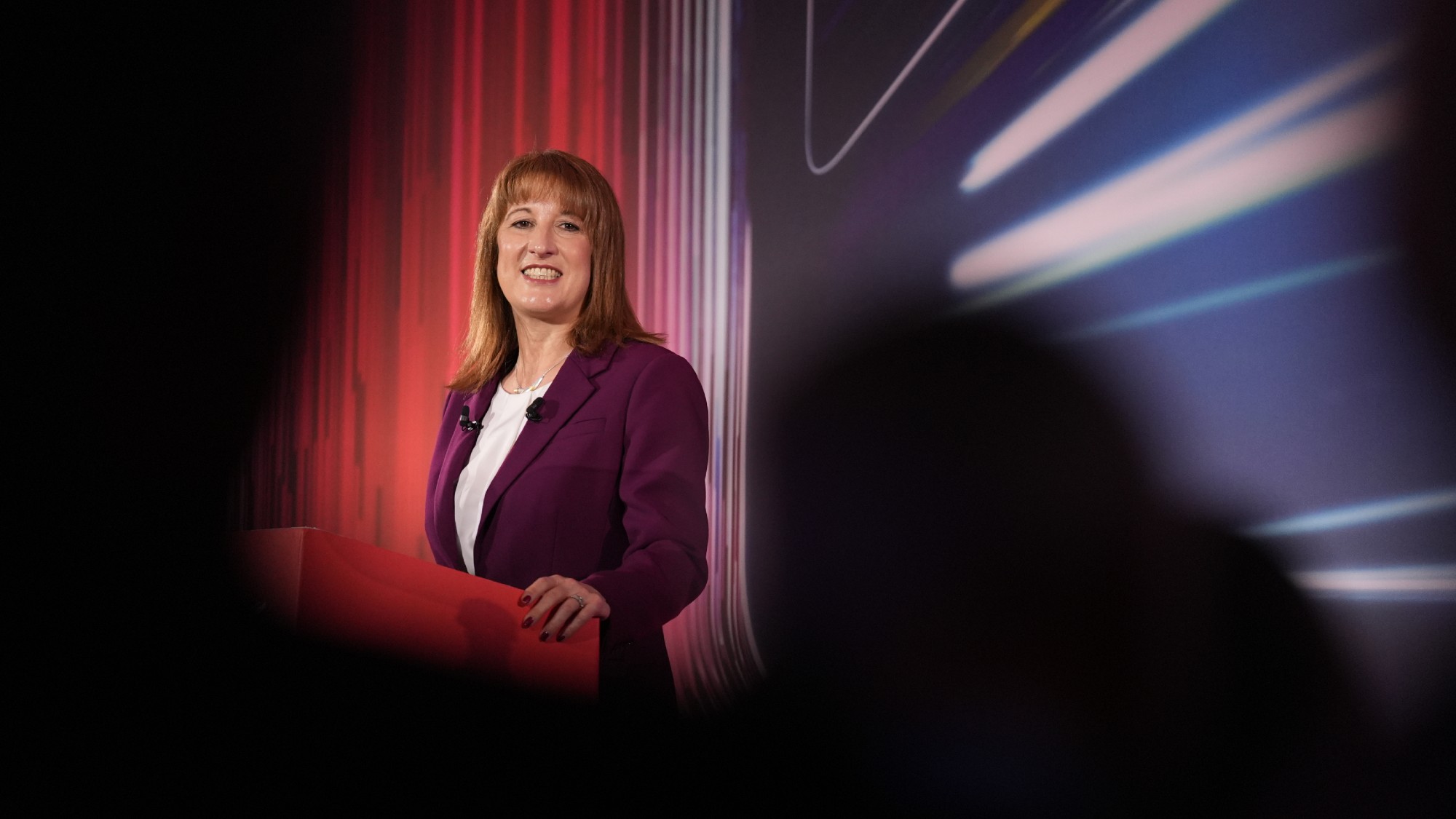 Autumn Budget: will Rachel Reeves raid the rich?
Autumn Budget: will Rachel Reeves raid the rich?Talking Point To fill Britain’s financial black hole, the Chancellor will have to consider everything – except an income tax rise
-
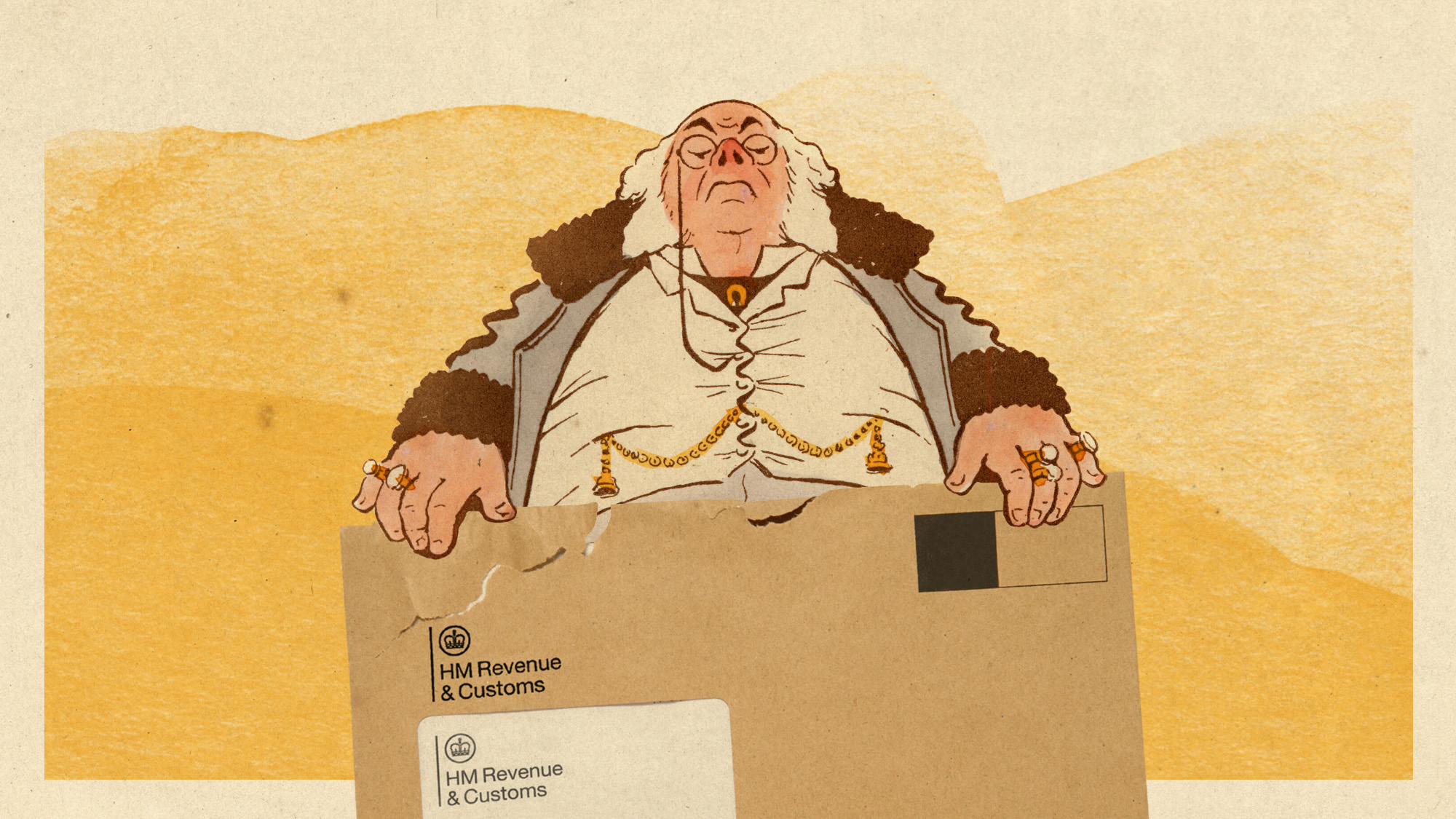 Pros and cons of a wealth tax
Pros and cons of a wealth taxPros and Cons Raising revenue and tackling inequality vs. the risk of capital flight and reduced competitiveness
-
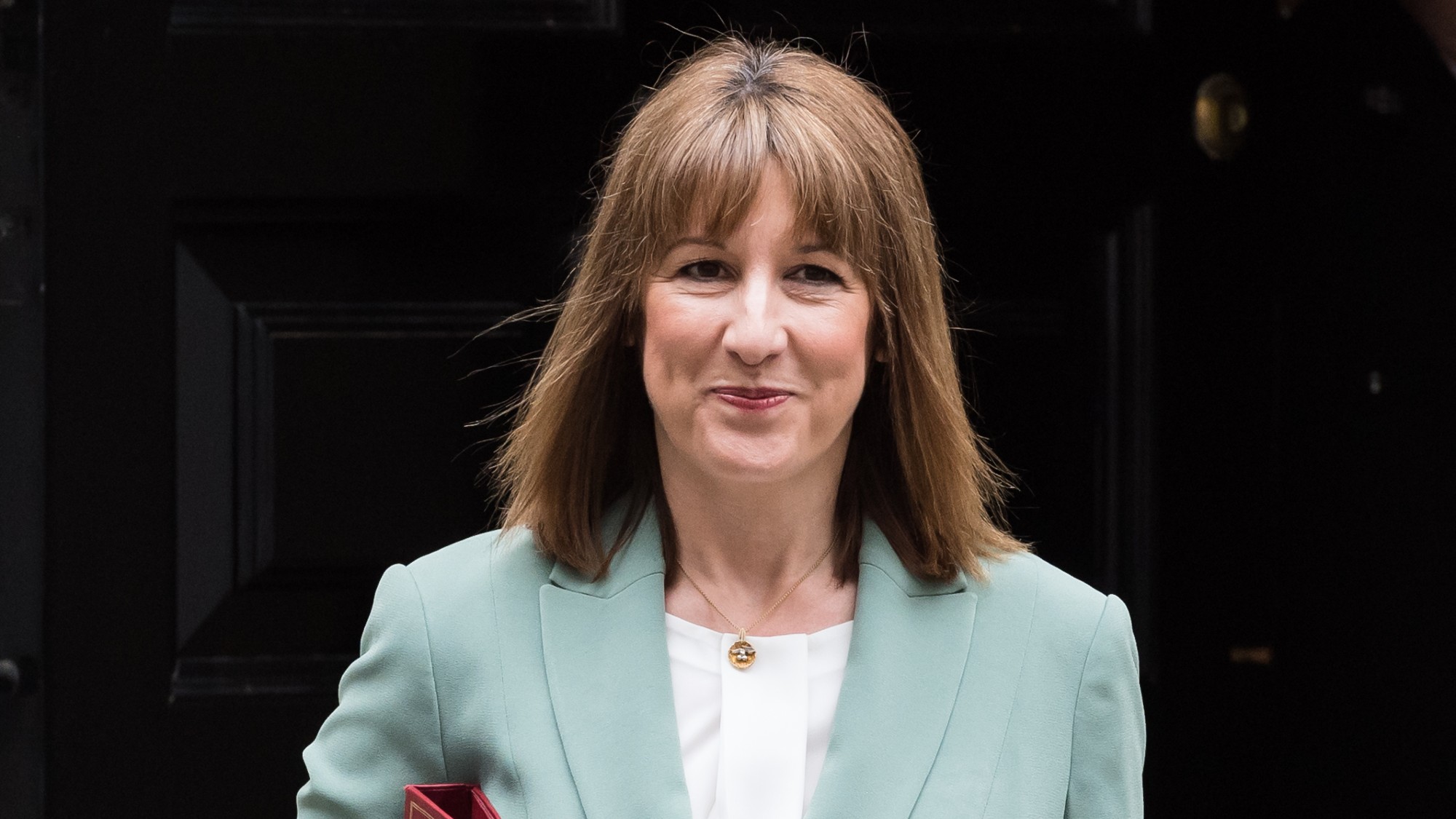 Is Rachel Reeves going soft on non-doms?
Is Rachel Reeves going soft on non-doms?Today's Big Question Chancellor is reportedly considering reversing controversial 40% inheritance tax on global assets of non-doms, after allegations of 'exodus' of rich people
-
 Can the UK avoid the Trump tariff bombshell?
Can the UK avoid the Trump tariff bombshell?Today's Big Question President says UK is 'way out of line' but it may still escape worst of US trade levies
-
 Five years on, can Labour's reset fix Brexit?
Five years on, can Labour's reset fix Brexit?Today's Big Question Keir Starmer's revised deal could end up a 'messy' compromise that 'fails to satisfy anyone'
-
 Foreigners in Spain facing a 100% tax on homes as the country battles a housing crisis
Foreigners in Spain facing a 100% tax on homes as the country battles a housing crisisUnder the Radar The goal is to provide 'more housing, better regulation and greater aid,' said Spain's prime minister
-
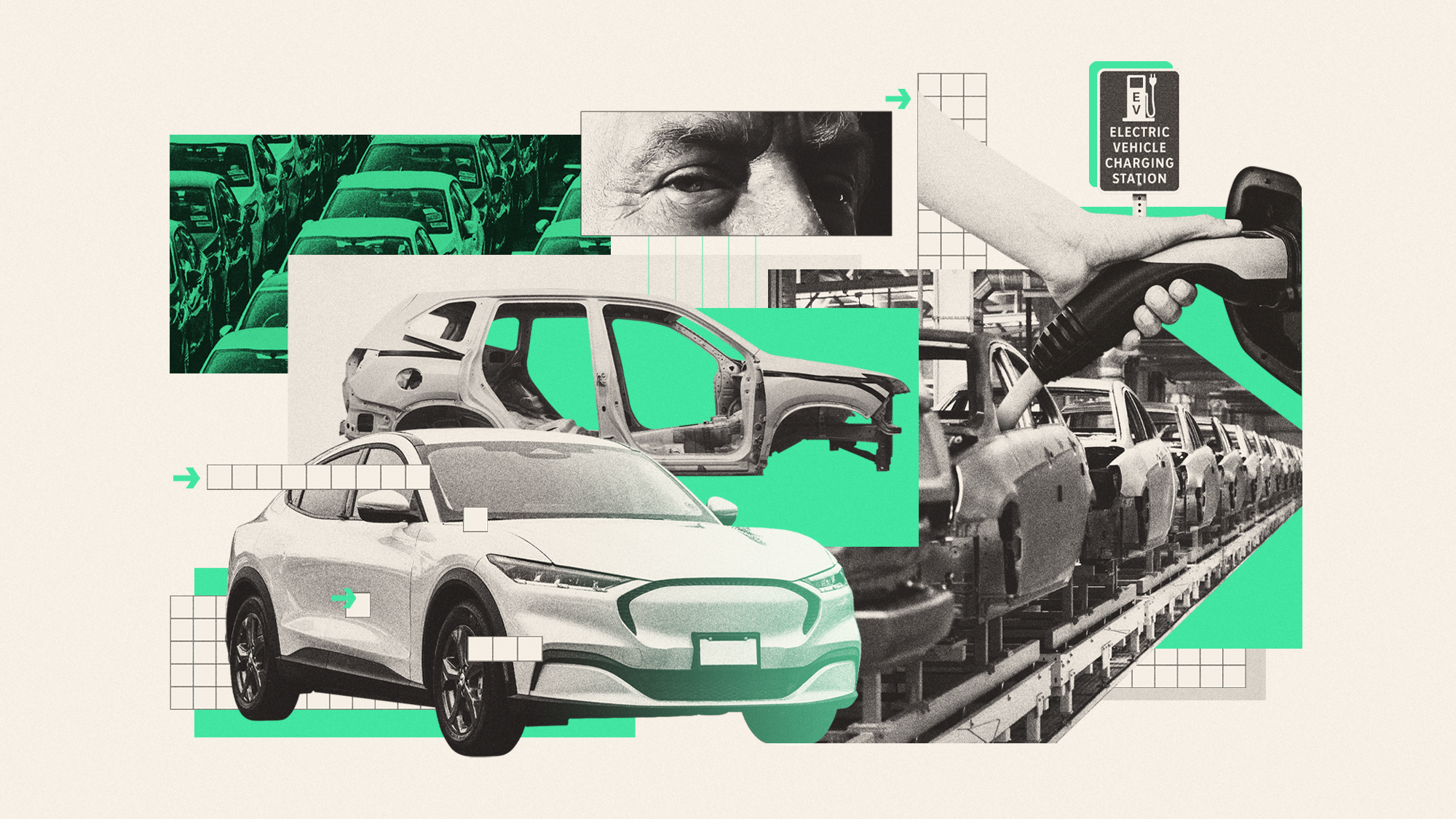 What's next for electric vehicles under Trump?
What's next for electric vehicles under Trump?Today's Big Question And what does that mean for Tesla's Elon Musk?
-
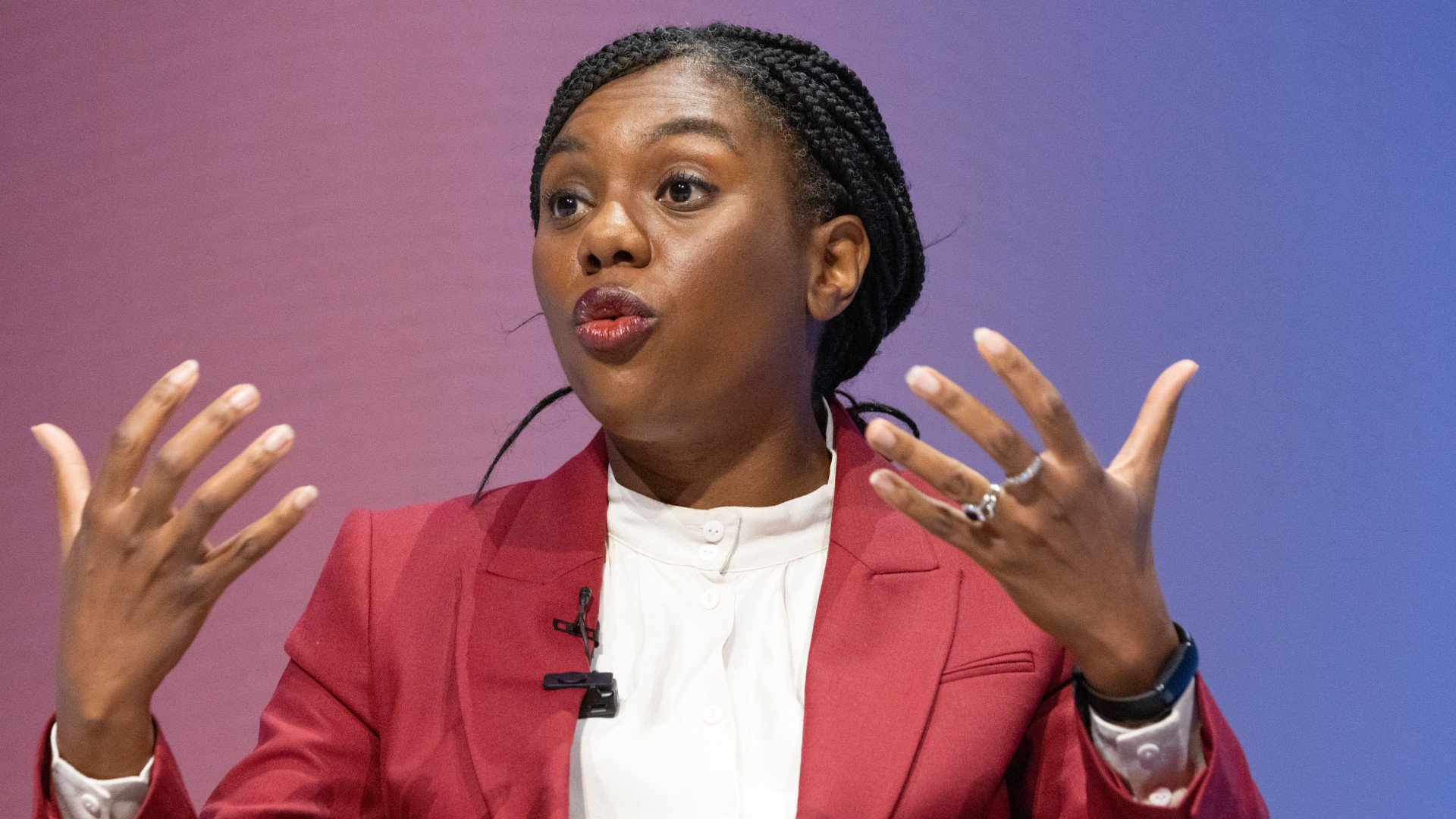 The row over UK maternity pay
The row over UK maternity payTalking Points Tory leadership hopeful Kemi Badenoch implied that taxpayer-funded benefit was 'excessive' and called for 'greater responsibility'